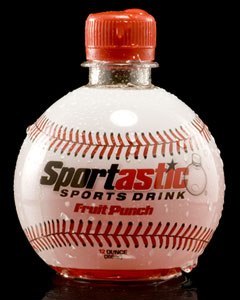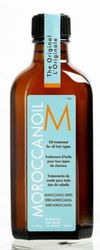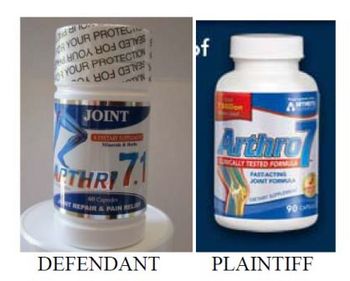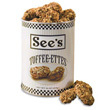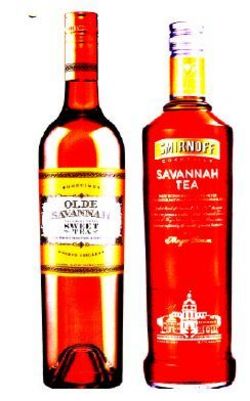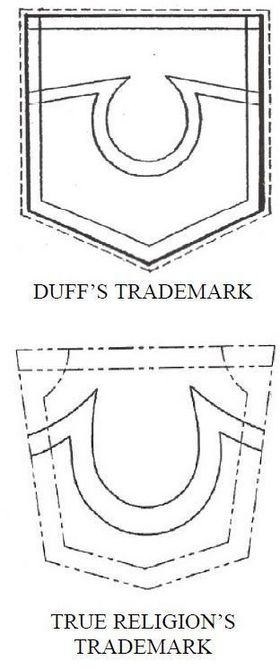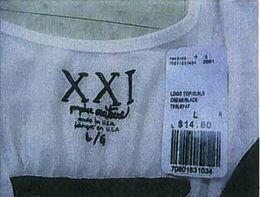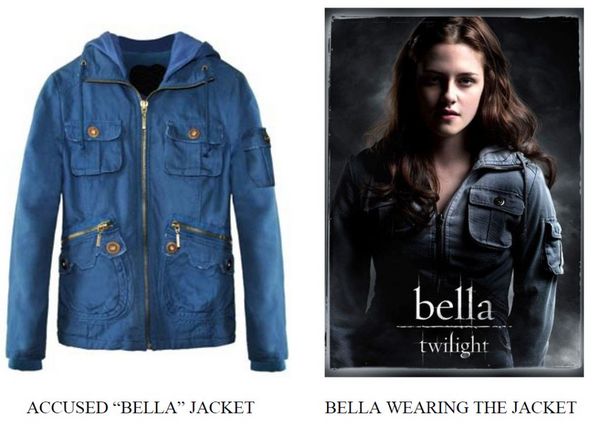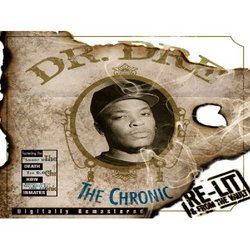 Los Angeles, CA – Private Chefs, Inc. is suing Food Network for stealing the recipe for the successful show “Private Chefs of Beverly Hills” in an idea submission, trademark infringement, and unfair competition case. Plaintiff is the owner of a USPTO registration for its design mark “PCI Private Chefs, Inc.”, which registered in 2006. Plaintiff alleges that in April of 2002 its president pitched a show idea to Food Network titled “Celebrity Dish”, which premise involved private chefs that worked for celebrities and wealthy individuals explaining recipes on air along with the celebrities and individuals.
Los Angeles, CA – Private Chefs, Inc. is suing Food Network for stealing the recipe for the successful show “Private Chefs of Beverly Hills” in an idea submission, trademark infringement, and unfair competition case. Plaintiff is the owner of a USPTO registration for its design mark “PCI Private Chefs, Inc.”, which registered in 2006. Plaintiff alleges that in April of 2002 its president pitched a show idea to Food Network titled “Celebrity Dish”, which premise involved private chefs that worked for celebrities and wealthy individuals explaining recipes on air along with the celebrities and individuals.
Although Food Network declined Plaintiff’s concept, it’s alleged that in April 2010 Defendants began broadcasting “Private Chefs of Beverly Hills.” Plaintiff alleges that the “concept of the Show is close to if not exactly the same as ‘Celebrity Dish.'” The complaint continues, “[t]he Show also blatantly infringes on Plaintiff’s federally registered trademark ‘Private Chefs’ and this infringement has caused substantial consumer confusion, particularly in light of the fact that Plaintiff’s principal office is in Beverly Hills.” The case is Private Chefs, Inc. v. Food Network, Inc. et al., CV10-6159 CBM (C.D. Cal. 2010).
 Los Angeles Intellectual Property Trademark Attorney Blog
Los Angeles Intellectual Property Trademark Attorney Blog


